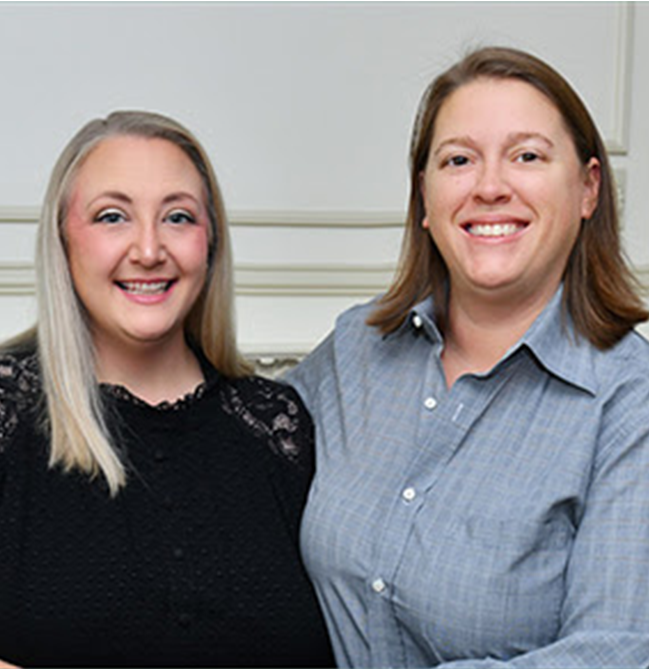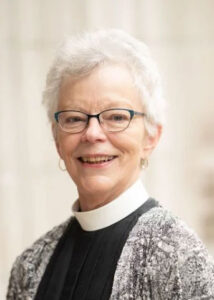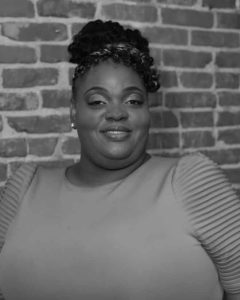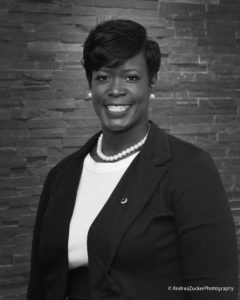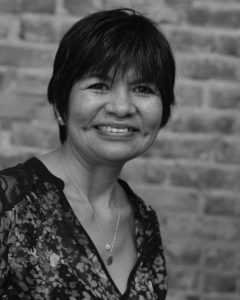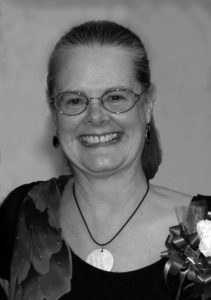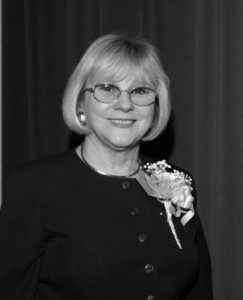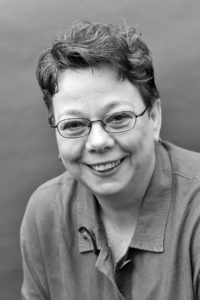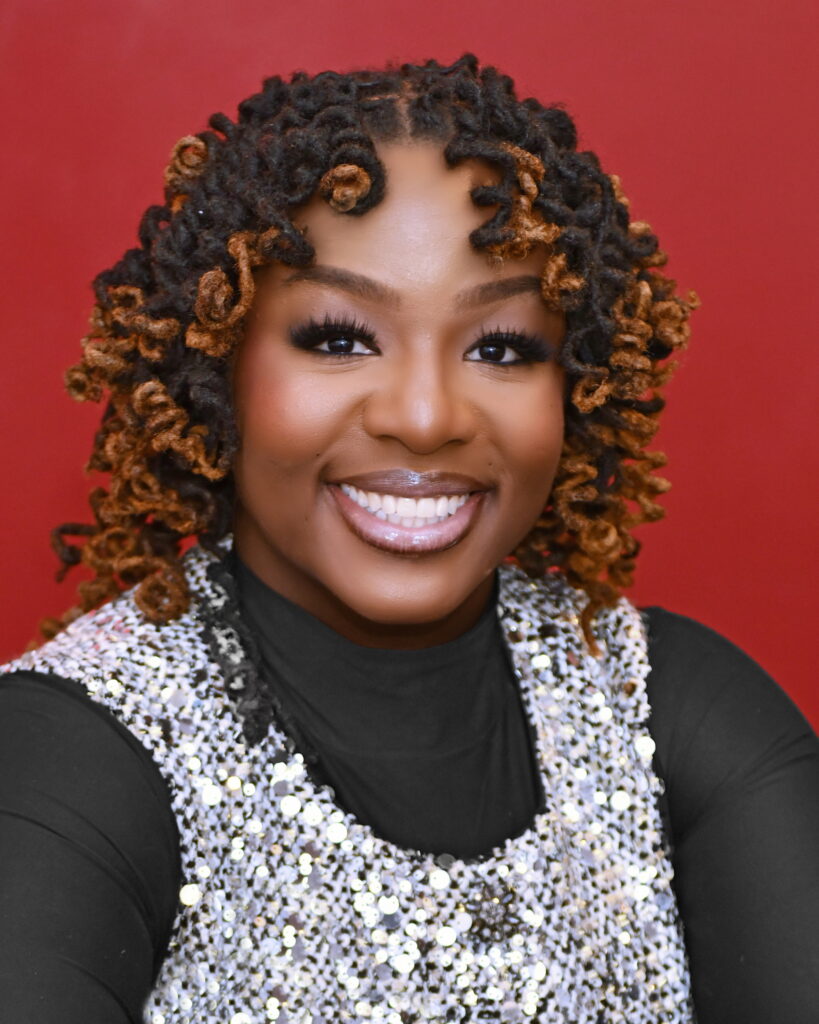
WOMEN OF ACHIEVEMENT
2025
COURAGE
for a woman who, facing active opposition,
backed an unpopular cause in which she deeply believed:
Lauren Williams-Batiste
Lauren Williams-Batiste believes in environmental justice. And she believes that people have power. Those beliefs plus her hard work stopped a sawmill from being built in an historic north Memphis neighborhood.
When plans were announced for industrial development on a vacant ten-acre lot at Chelsea and Watkins, people got worried. But many in the traditionally low-income area felt they had no control. As one resident said, “This wouldn’t be happening in Central Gardens.”
Concerns about the development were brought to the Vollintine-Evergreen Neighborhood Association board. They turned to Lauren, who served as VECA’s Community Engagement chair, and she plunged in.
At issue was a proposal to build a facility that would turn wood waste into usable lumber and compost. With it would come only ten new jobs. The plan had been put together by two non-profit groups and there were lots of questions that could not be readily answered by engineers, the City of Memphis or by the non-profits. Yet work on the site began prior to the needed approval.
Residents didn’t want more industrial development. They worried that air pollutants from the proposed business would lead to health problems and that noise from the facility itself and from heavy truck traffic would hurt the quality of daily life. Additionally, the site was near the already contaminated Cypress Creek.
A long-time organizer, Lauren knew what to do. She convened community meetings, planned group trips to City Council to speak out, gathered groups to knock on doors, visited community association meetings, created surveys and petitions and wrote op-ed columns. One city council member strongly supported the plan. Another was opposed and worked equally hard to stop it.
While some community groups gave their support to stopping the project, others were indifferent so Lauren reached deeper. Environmental justice groups Young Gifted and Green as well as MCAP (Memphis Communities Against Pollution) added their voices.
Though the fight was intense, Lauren did not give up. When she needed courage, she held tightly to a vision of two homeowners, both women in their 80s, who had joined the fight. Each had lived in the neighborhood for over 50 years. Neither had ever had an email account but got them for the zoning battle. They learned to Zoom. They found rides to meetings. They wrote letters. They made phone calls. They would not give up. And neither would Lauren.
Finally in April, 2024, the plan was withdrawn prior to a City Council vote. Should it ever return to the agenda, the community vows to renew the fight.
Lauren is executive director of In Our Names Network, a national group of organizations, campaigns and individuals striving to end police violence against Black women, girls, trans and gender nonconforming people. She operates Elle’s Elixirs, her online business which sells CBD soaps, teas and soaks. She was doing both while organizing this resistance.
Lauren’s passion for justice comes naturally. During the Jim Crow era, her great grandmother, Ada Johnson, took the hands of her two young children and walked away from a Mississippi plantation. Reaching North Memphis, she started her own business and founded a political action fund. Lauren’s grandparents became civil rights activists. Lauren says that advocacy, policy change, and social justice are family values. And whenever she’s feeling discouraged, she remembers those who came before and faced insurmountable obstacles and says, “We don’t need to complain one bit.”
A native Memphian, Lauren left to obtain a bachelors degree from Tennessee State University in Nashville. She taught school several years in Baton Rouge, her husband Donald Batiste’s hometown, then in Albany, New York, where they moved for his work and where Lauren completed a master’s degree. But she always wanted to come home to Memphis and in 2010 the family moved back.
Lauren is quick to point out that she did not stop the proposed sawmill alone. But as her nominator points out, “Lauren united the community and was the heart behind this movement that preserved the peace in this historic neighborhood.”
And for that courage, Women of Achievement salutes Lauren Williams-Batiste.


